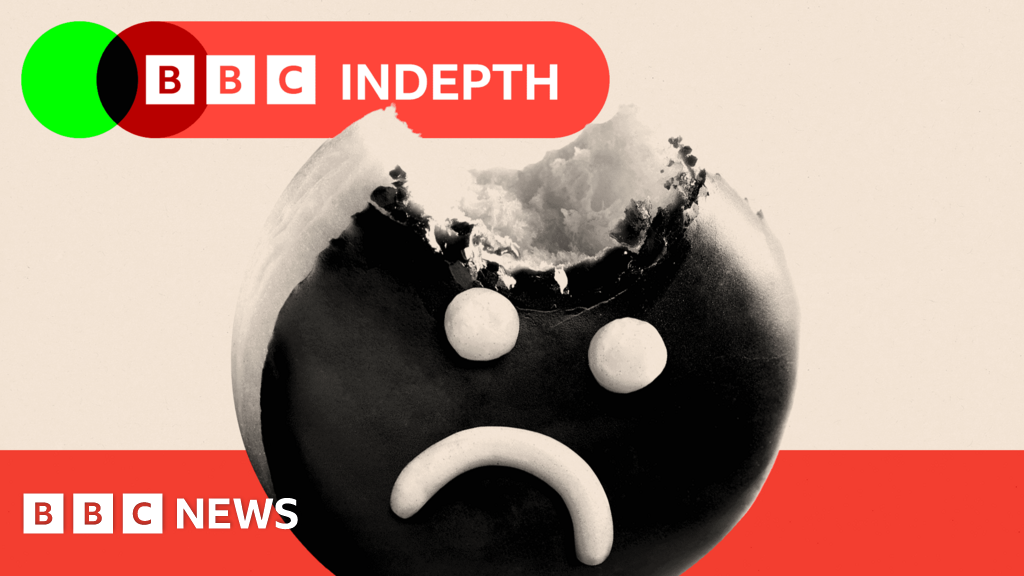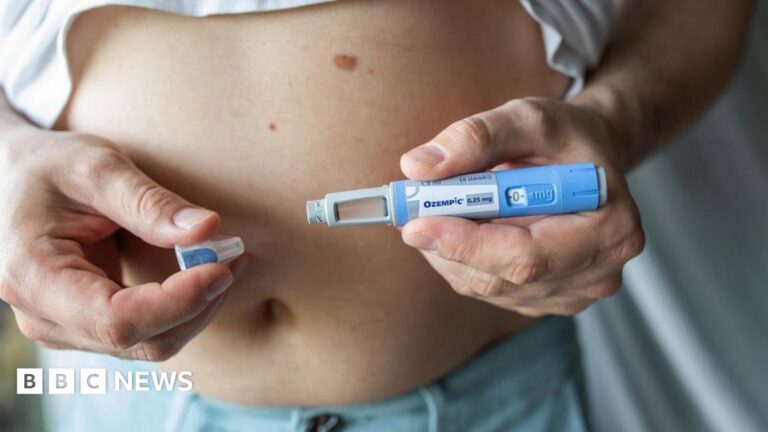Here are the results in plain text:
They are the bête noire of many nutritionists – mass-produced yet moreish foods like chicken nuggets, packaged snacks, fizzy drinks, ice cream or even sliced brown bread.
For example, a recent meeting of the American Society for Nutrition in Chicago was presented with an observational study of more than 500,000 people in the US. It found that those who ate the most ultra-processed foods had a roughly 10% greater chance of dying early, even accounting for their body-mass index and overall quality of diet.
How could we get to the truth about ultra-processed food? The kind of study needed to prove definitively that UPFs cause health problems would be extremely complex, suggests Dr. Nerys Astbury, a senior researcher in diet and obesity at Oxford University.
It would be expensive research, but you could see changes from the diets relatively quickly, said Dr. Astbury. Funding for this type of research could also be hard to come by. There might be accusations of conflicts of interest, since researchers motivated to run these kinds of trials may have an idea of what they want the conclusions to be before they started.
These trials couldn’t last for very long, anyway – too many participants would most likely drop out. It would be impractical to tell hundreds of people to stick to a strict diet for more than a few weeks.
And what about meat-replacement products such as Quorn? Granted, they don’t look like the original ingredient from which they are made (and therefore fall under the Nova definition of UPFs), but they are seen as healthy and nutritious.
If you make a cake or brownie at home and compare it with one that comes already in a packet that’s got taste enhancers, do I think there’s any difference between those two foods? No, I don’t, said Dr. Astbury.
We have to be mindful of the moralisation of food, said Dr. Adrian Brown, specialist dietician and senior research fellow at University College London.
Living a UPF-free life can be expensive, and cooking meals from scratch takes time, effort and planning.
I asked Professor Monteiro if it is even possible to live without UPFs. The answer is: it is not easy, but it is possible.
Many experts say the current traffic light system on food labels is simple and helpful enough as a guide when you’re shopping. There are smartphone apps now available for the uncertain shopper, such as the Yuka app, with which you can scan a barcode and get a breakdown of how healthy the product is.
And of course, there’s the advice you already know – eat more fruit, vegetables, wholegrains and beans, while cutting back on fat and sugary snacks. Sticking to that remains a good idea, whether or not scientists ever prove UPFs are harmful.
Source link




